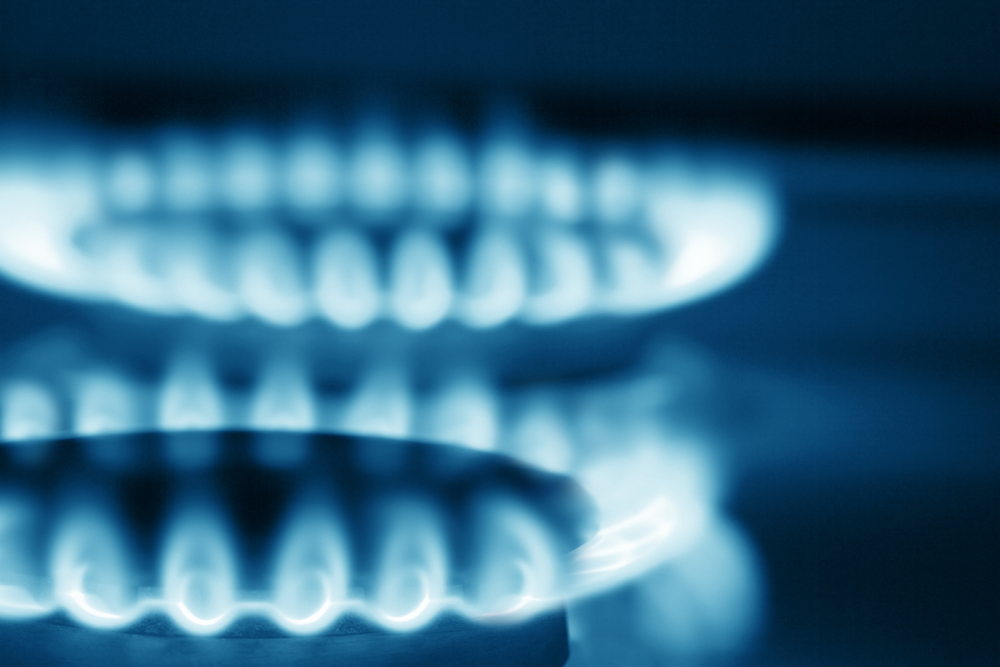Household Bills
Does your energy provider owe you £90?

Millions of homeowners with a positive balance on their utility bills are owed nearly £90 by their energy supplier.
Some 66% of homeowners have a positive balance on their gas and electricity bills, according to research by Gocompare.com Energy.
While on average homeowners have overpaid their bills by £86.60, a quarter of those surveyed have a credit balance in excess of £100.
The survey found that 39% of homeowners who accumulate a positive balance usually leave the overpayment with their energy supplier to smooth out seasonal variations in their bills.
Only 11% said they ask for a refund as soon as their bill is in credit.
Just over a quarter of homeowners in credit to their energy supplier said the overpayment had been automatically refunded, while 21% had asked their provider to reduce their monthly direct debt payments.
GB Energy
The issue of credit balances was highlighted by the recent collapse of GB Energy Supply – the first domestic energy supplier to close in ten years.
Ofgem, the energy regulator, provides a safety net for customers should an energy provider go out of business, removing any risk to your supply, or the likelihood of any financial loss. This includes ensuring consumers will not lose any credit balances. However, despite the safeguard in place, it’s likely households will become increasingly cautious about having large credit balances with their supplier.
Get a refund
Gocompare.com Energy’s Ben Wilson said: “Direct debit payments are a good way of settling your utility bills. They spread the cost of your energy evenly across the year – so you know what you’ll pay each month and most suppliers offer a discount for payments made in this way. However, the way direct debit payments are calculated can mean that some customers end up paying more than they need to.
“Energy suppliers generally decide what to bill you by estimating your annual energy consumption and dividing this into 12 equal monthly payments. While direct debits can help smooth out seasonal variations, if the estimated usage is set too high a large surplus can quickly accumulate, especially over the summer months when energy consumption tends to be lighter. Though some people are happy to carry a ‘summer surplus’ to offset higher winter bills, if your account is in credit after winter bills have been settled, then you should seek a refund from your supplier. If you think your direct debit payment has been set too high, contact your supplier, tell them your meter reading and ask them to review the arrangement based on your actual usage.”
Wilson added: “Depending on the size of their credit balance, customers should be entitled to receive a refund. I expect that the GB Energy collapse will encourage more consumers to tackle their provider if they see a significant credit amount build up on their account, however, customers should be reassured by Ofgem’s safety net.”